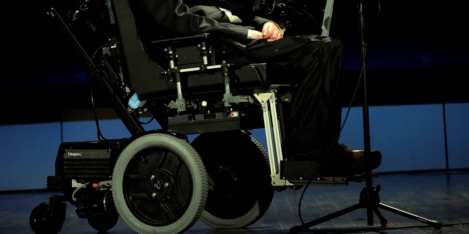March 27, 2018
New ruling means Australian workers will get five days of unpaid domestic violence leave
 The Australian Fair Work Commission has ruled that all employees, including part time and temporary staff, will be entitled to five days of unpaid leave if they are affected by family or domestic violence, if they “need to do something to deal with the impact of family and domestic violence and it is impractical for them to do this outside of their ordinary hours of work”. The Fair Work Commission said that over the past year it had held a number of consultations to help it consider the most appropriate and balanced term for the new domestic violence leave entitlement. The Australian Council of Trade Unions (ACTU) had suggested a number of possible models to the Commission, including the provision of 10 days of paid domestic violence leave for all employees. However, the Commission confirmed this week that a standard of five days leave is a “fair and relevant safety net entitlement”, adding that it has taken a “cautious regulatory response to this issue.”
The Australian Fair Work Commission has ruled that all employees, including part time and temporary staff, will be entitled to five days of unpaid leave if they are affected by family or domestic violence, if they “need to do something to deal with the impact of family and domestic violence and it is impractical for them to do this outside of their ordinary hours of work”. The Fair Work Commission said that over the past year it had held a number of consultations to help it consider the most appropriate and balanced term for the new domestic violence leave entitlement. The Australian Council of Trade Unions (ACTU) had suggested a number of possible models to the Commission, including the provision of 10 days of paid domestic violence leave for all employees. However, the Commission confirmed this week that a standard of five days leave is a “fair and relevant safety net entitlement”, adding that it has taken a “cautious regulatory response to this issue.”


































